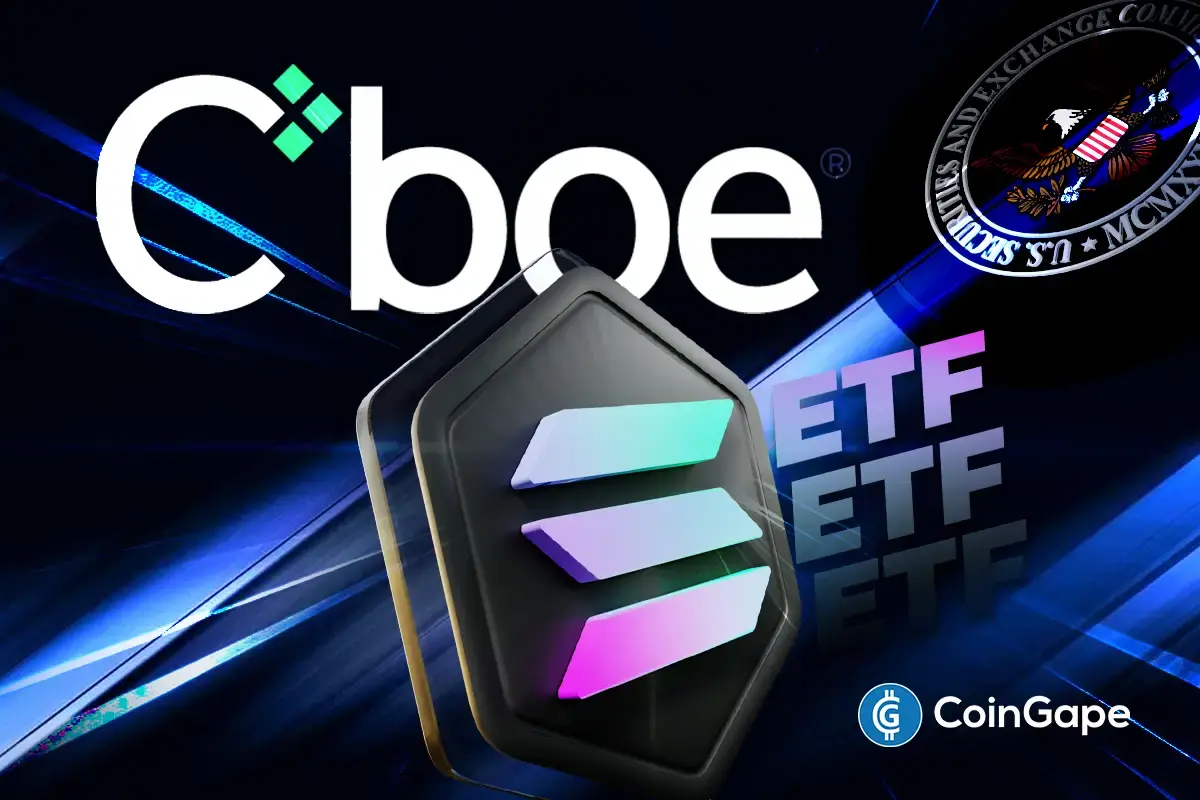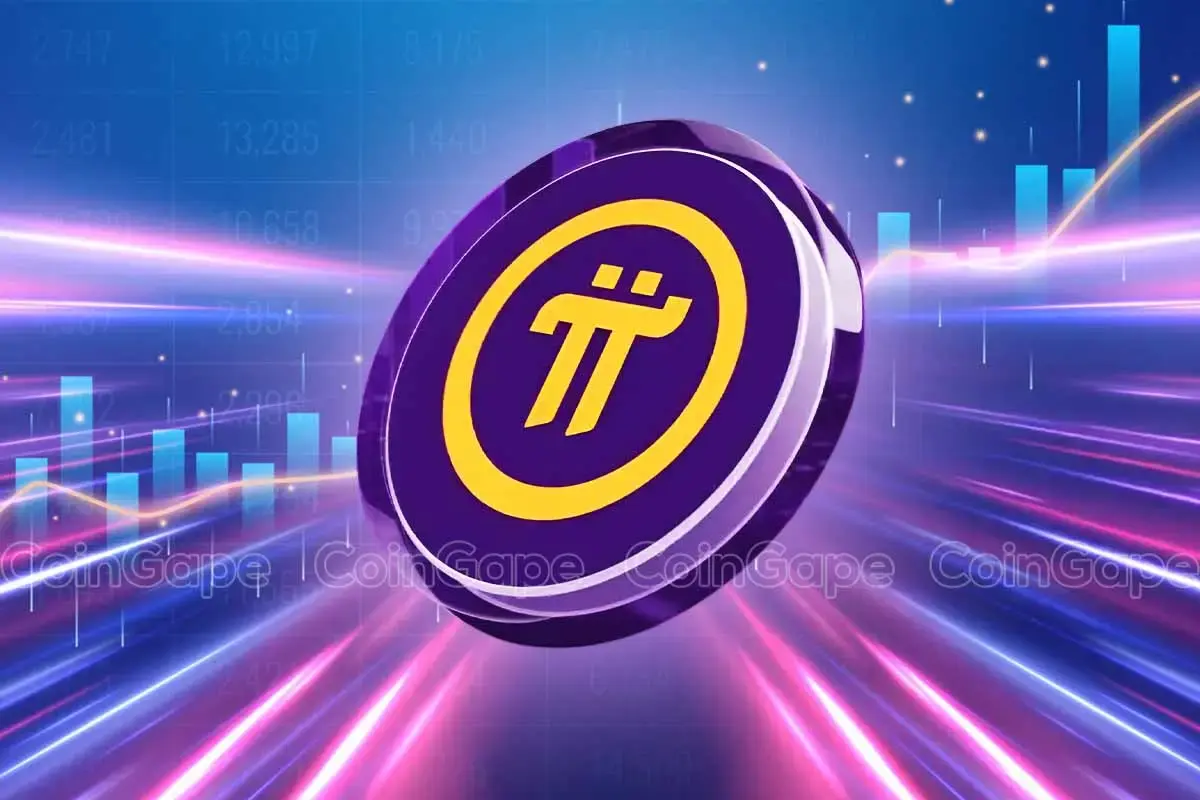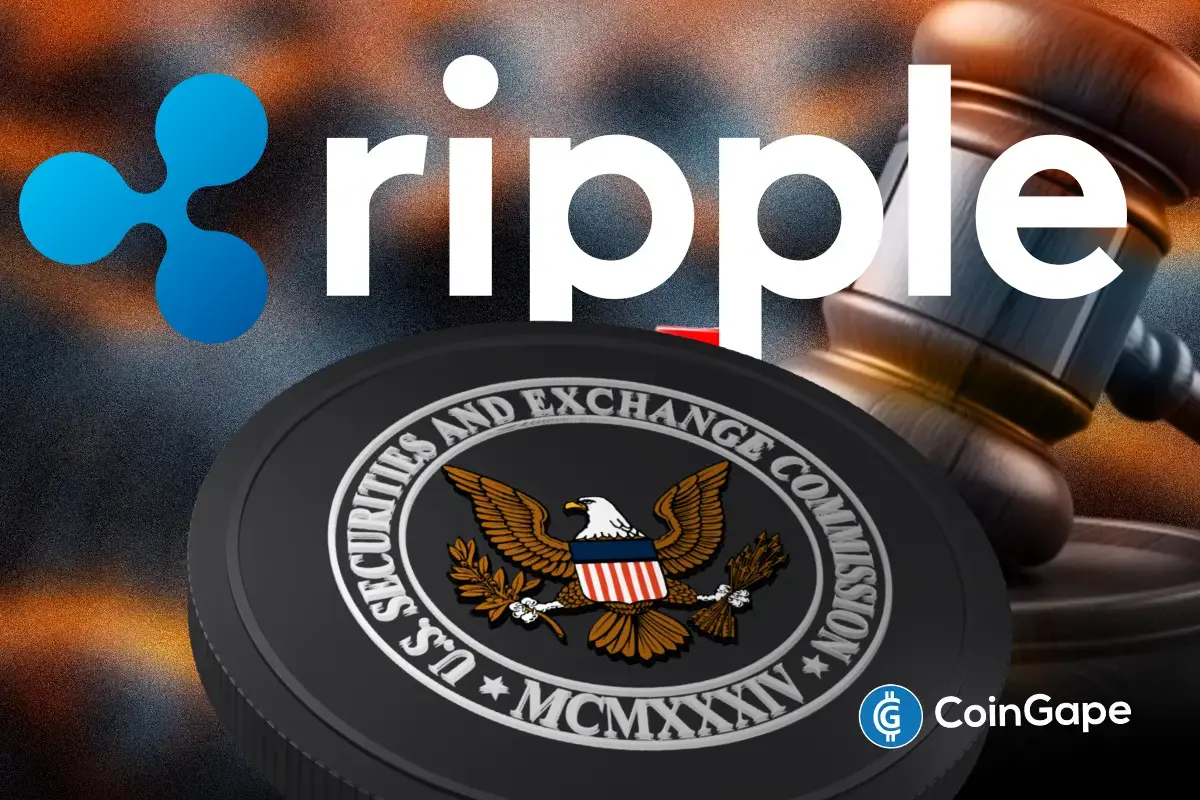Regulation
Consensys Responds to SEC Lawsuit Over MetaMask

Following the SEC lawsuit where Consensys is accused of operating as an unregistered broker through its MetaMask software, the firm has issued a response.
The SEC accused MetaMask of carrying out activities similar to securities brokerage without the appropriate registrations through its swap and staking services. Moreover, this legal action, filed in the U.S. District Court for the Eastern District of New York, follows a Wells notice Consensys received in April.
SEC’s Lawsuit Against Consensys
According to the SEC, Consensys, via MetaMask, facilitated over 36 million crypto asset transactions, including 5 million that involved crypto asset securities, without the required registration. These activities are said to have earned Consensys more than $250 million in transaction fees.
The SEC is specifically concerned about MetaMask’s Swaps and Staking services as these, in the view of the regulator, involve the sale of unregistered securities tokens, including CHZ, LUNA, MATIC, MANA, and SAND.
🚨NEW: The @SECGov has formally charged @Consensys with violating securities laws by operating as an unregistered broker dealer and engaging in the offer and sale of securities through its @MetaMask platform.
This was expected, following the Wells notice Consensys received in… pic.twitter.com/1Fi4cvp3ek
— Eleanor Terrett (@EleanorTerrett) June 28, 2024
Besides directly facilitating transactions, MetaMask Swaps is alleged to act as an intermediary by searching for the best exchange rates and managing customers’ assets through smart contracts. The staking aspect of MetaMask, which involved collaborations with entities such as Lido and Rocket Pool, reportedly also involved the offer and sale of securities through staking programs that were also unregistered.
Consensys’s Defense and Legal Strategy
As a result of the SEC’s legal actions, Consensys has come out in support of their legal stance, claiming that the SEC cannot regulate software interfaces like MetaMask as brokers. The company has decided to go to court in Texas for this very matter, stressing that this case is not only vital for Consensys but for the entire web3 industry.
Consensys claims that what the SEC has done is to overstep its regulatory mandate and change the legal precedent that has been set. The company has taken the position that as a software interface it does not translate to being a securities broker hence clearing up the allegations.
Consensys fully expected the SEC to follow through on its threat to claim our MetaMask software interface must register as a securities broker. The SEC has been pursuing an anti-crypto agenda led by ad hoc enforcement action.
This is just the latest example of its regulatory…
— Consensys (@Consensys) June 28, 2024
The legal conflict with the SEC is taking place at the background of the growing pressure from the regulatory authorities on the cryptocurrency market. This lawsuit is similar to other high-profile cases such as the current case against Coinbase. Consensys has also previously sued the SEC in Texas claiming that MetaMask Swaps and Staking are not brokers as they are software tools, with reference to the case SEC v. Coinbase.
Read Also: SEC Sues ConsenSys For Conducting Securities Via MetaMask
The presented content may include the personal opinion of the author and is subject to market condition. Do your market research before investing in cryptocurrencies. The author or the publication does not hold any responsibility for your personal financial loss.
Regulation
US SEC Acknowledges Fidelity’s Filing for Solana ETF

The U.S. Securities and Exchange Commission (SEC) has formally acknowledged the filing for Fidelity’s spot Solana (SOL) Exchange-Traded Fund (ETF).
This marks a key development in the financial industry, as Fidelity seeks to list its Solana ETF on the Cboe BZX Exchange. The acknowledgment comes after Fidelity submitted a proposed rule change, paving the way for the potential approval of the product.
Fidelity’s Spot Solana ETF Proposal
The SEC’s acknowledgment follows Fidelity’s filing to list and trade shares of the Fidelity Solana Fund under the Cboe BZX Exchange. The proposed rule change, initially submitted on March 25, was later amended on April 1, 2025, to clarify certain points and add additional details.
The amended proposal aims to list the Solana ETF under BZX Rule, which pertains to commodity-based trust shares. According to the Cboe BZX Exchange, Fidelity plans to register the shares with the SEC through a registration statement on Form S-1.
Fidelity’s experience with crypto ETFs, having launched the Fidelity Wise Origin Bitcoin Fund (FBTC) and the Fidelity Ethereum Fund (FETH), has prepared it for this new initiative. FBTC has drawn substantial interest, accumulating nearly $17 billion in assets, while FETH currently manages around $975 million.
This Is A Developing News, Please Check Back For More
Disclaimer: The presented content may include the personal opinion of the author and is subject to market condition. Do your market research before investing in cryptocurrencies. The author or the publication does not hold any responsibility for your personal financial loss.
Regulation
US Senate Banking Committee Approves Paul Atkins Nomination For SEC Chair Role

The U.S. Senate Banking Committee has voted to approve Paul Atkins’ nomination for the role of Chair of the Securities and Exchange Commission (SEC). The vote, which took place on Thursday, passed with a narrow margin of 13-11, along party lines.
Paul Atkins, nominated by President Donald Trump, now moves one step closer to taking over the top regulatory position at the US SEC.
Senate Banking Committee Approves Paul Atkins Nomination
Paul Atkins’ nomination for SEC Chair has received approval despite sharp opposition from Democratic members of the Senate Banking Committee. The vote was entirely split, with Republicans supporting Atkins and all Democrats opposing the decision.
This partisan divide highlights the contentious nature of Atkins’ confirmation, which had been under scrutiny for several reasons.
The committee’s approval now clears the path for Atkins to proceed to the full Senate for a final confirmation vote. Given the Republican-controlled Senate, it is widely expected that Atkins will secure the necessary votes to take over the SEC leadership. With Republicans holding a 53-47 majority in the Senate, the confirmation process is anticipated to move forward swiftly.
This Is A Developing News, Please Check Back For More
Disclaimer: The presented content may include the personal opinion of the author and is subject to market condition. Do your market research before investing in cryptocurrencies. The author or the publication does not hold any responsibility for your personal financial loss.
Regulation
Kraken Obtains Restricted Dealer Registration in Canada

Cryptocurrency exchange Kraken has obtained a Restricted Dealer registration in Canada. The registration comes after completing a pre-registration undertaking (PRU) process with Canadian authorities.
The exchange has also announced the appointment of Cynthia Del Pozo as its new General Manager for North America. Del Pozo will oversee Kraken’s growth initiatives in Canada.
Kraken Completes PRU Process In Canada
Kraken’s Restricted Dealer registration marks the completion of a thorough pre-registration undertaking (PRU) process with Canadian regulators. The registration places Kraken under the supervision of the Ontario Securities Commission (OSC). This oversight ensures users have access to secure crypto products within a properly regulated local ecosystem.
According to the Canadian Securities Administrators (CSA), the Restricted Dealer registration is one of eight firm registration types in Canada. This particular classification is used for firms that “do not quite fit under any other category.” It also comes with specific requirements and conditions set by securities regulators.
Kraken’s regulatory achievement comes during a period of change in the Canadian crypto sector. Just months earlier, competitor Gemini exchange announced its departure from the Canadian exchange market by the end of 2024. This was a move that surprised many and raised questions about cryptocurrency regulation clarity in the country.
Kraken Introduces New Canadian GM
Del Pozo has joined Kraken to lead its Canadian operations as the new General Manager for North America. She has nearly 15 years of experience in corporate development, operations, and fintech consulting. Del Pozo will help to guide Kraken’s expansion across Canada during this important phase of crypto’s development in the region.
“Canada is at a turning point for crypto adoption, with a growing number of investors and institutions recognizing digital assets as a vital part of the financial future. I’m thrilled to join Kraken’s mission at this critical moment, and to lead our expansion efforts, ensuring we continue to serve our clients long-term with innovative and compliant products,” said Del Pozo.
In her role, Del Pozo will focus on strengthening Kraken’s regulatory relationships and also scaling the company’s presence throughout North America.
Del Pozo also commented on the registration achievement: “This Restricted Dealer registration is testament to the high bar Kraken has always set for consumer protection, client service, and robust security. We’re excited to continue expanding our world-class investment platform and to deliver innovative products that provide real-world utility to Canadians.”
The Exchange’s Continued Growth In Canada
Over the past two years, the cryptocurrency exchange has shown steady expansion in Canada while working through the PRU process with regulators. During this period, the exchange has doubled its team size and monthly active users.
According to the official blog post figures, the firm now has more than $2 billion CAD in total client assets under custody. Kraken has also increased support for some of the most popular cryptocurrencies. It provides several CAD spot trading pairs that enable Canadians to trade crypto without paying expensive foreign exchange fees.
According to Innovative Research Group’s 2024 Investor Survey, 30% of Canadian investors currently own or have owned cryptocurrencies. Likewise, a KPMG Canada survey discovered that 30% of Canadian institutional investors now have exposure to cryptocurrencies, which means widespread adoption across investor types.
Disclaimer: The presented content may include the personal opinion of the author and is subject to market condition. Do your market research before investing in cryptocurrencies. The author or the publication does not hold any responsibility for your personal financial loss.
-

 Ethereum22 hours ago
Ethereum22 hours agoWhy A Massive Drop To $1,400 Could Rock The Underperformer
-

 Altcoin21 hours ago
Altcoin21 hours agoFirst Digital Trust Denies Justin Sun’s Allegations, Claims Full Solvency
-

 Altcoin24 hours ago
Altcoin24 hours agoHow Will Elon Musk Leaving DOGE Impact Dogecoin Price?
-

 Altcoin22 hours ago
Altcoin22 hours agoWill Cardano Price Bounce Back to $0.70 or Crash to $0.60?
-

 Market5 hours ago
Market5 hours agoBitcoin’s Future After Trump Tariffs
-

 Altcoin17 hours ago
Altcoin17 hours agoBinance Sidelines Pi Network Again In Vote To List Initiative, Here’s All
-

 Market14 hours ago
Market14 hours agoXRP Price Under Pressure—New Lows Signal More Trouble Ahead
-

 Altcoin14 hours ago
Altcoin14 hours agoAnalyst Forecasts 250% Dogecoin Price Rally If This Level Holds


















✓ Share: